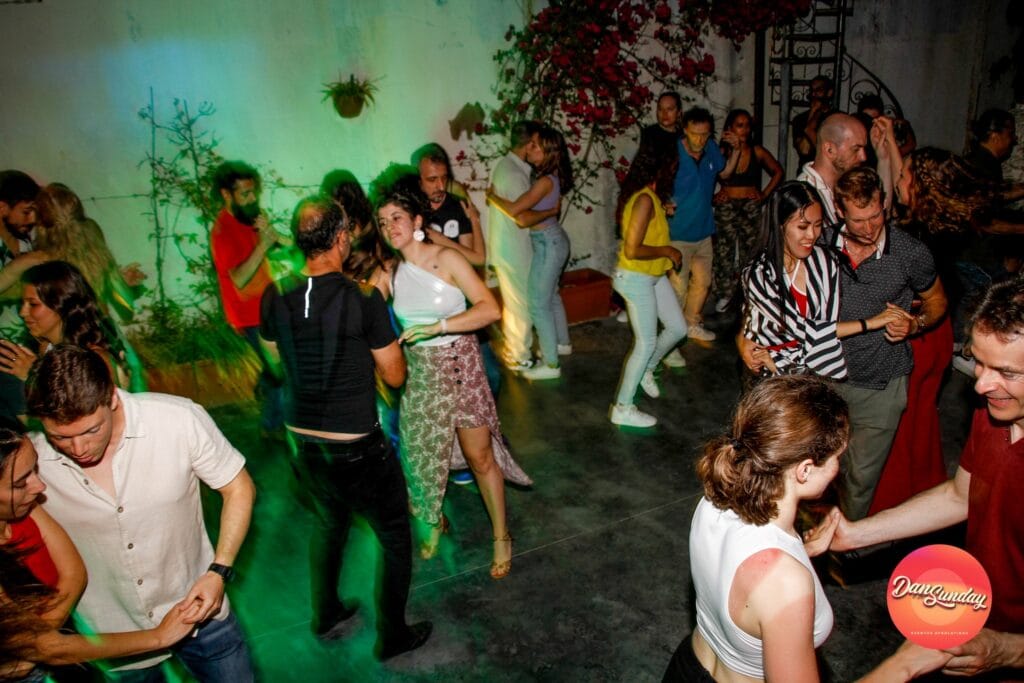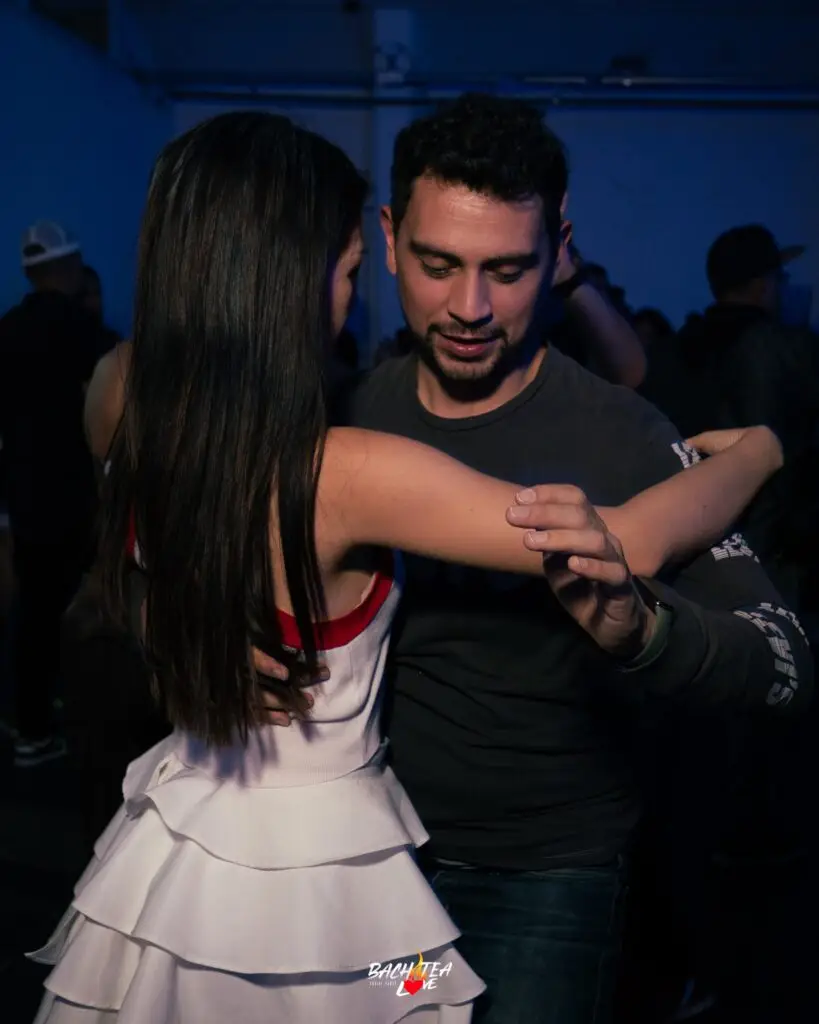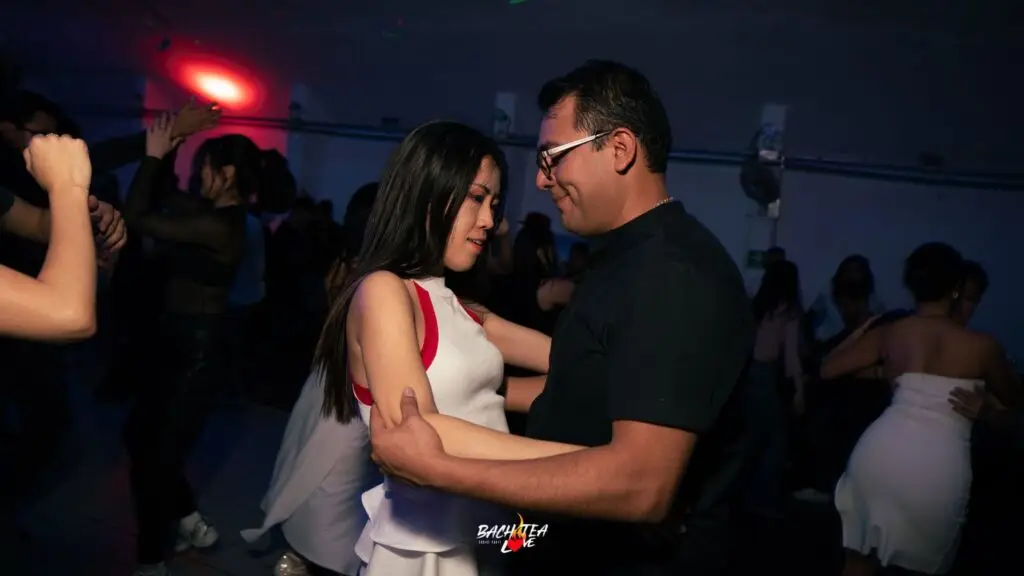One
Growing up in a small town in China’s Guangxi Autonomous Region, I’d never felt I had anything in common with the women in my family.
As a child, I was defiant, ambitious, fiercely independent, and more than anything else, I prided myself to be different. I thought I was one-of-a-kind.
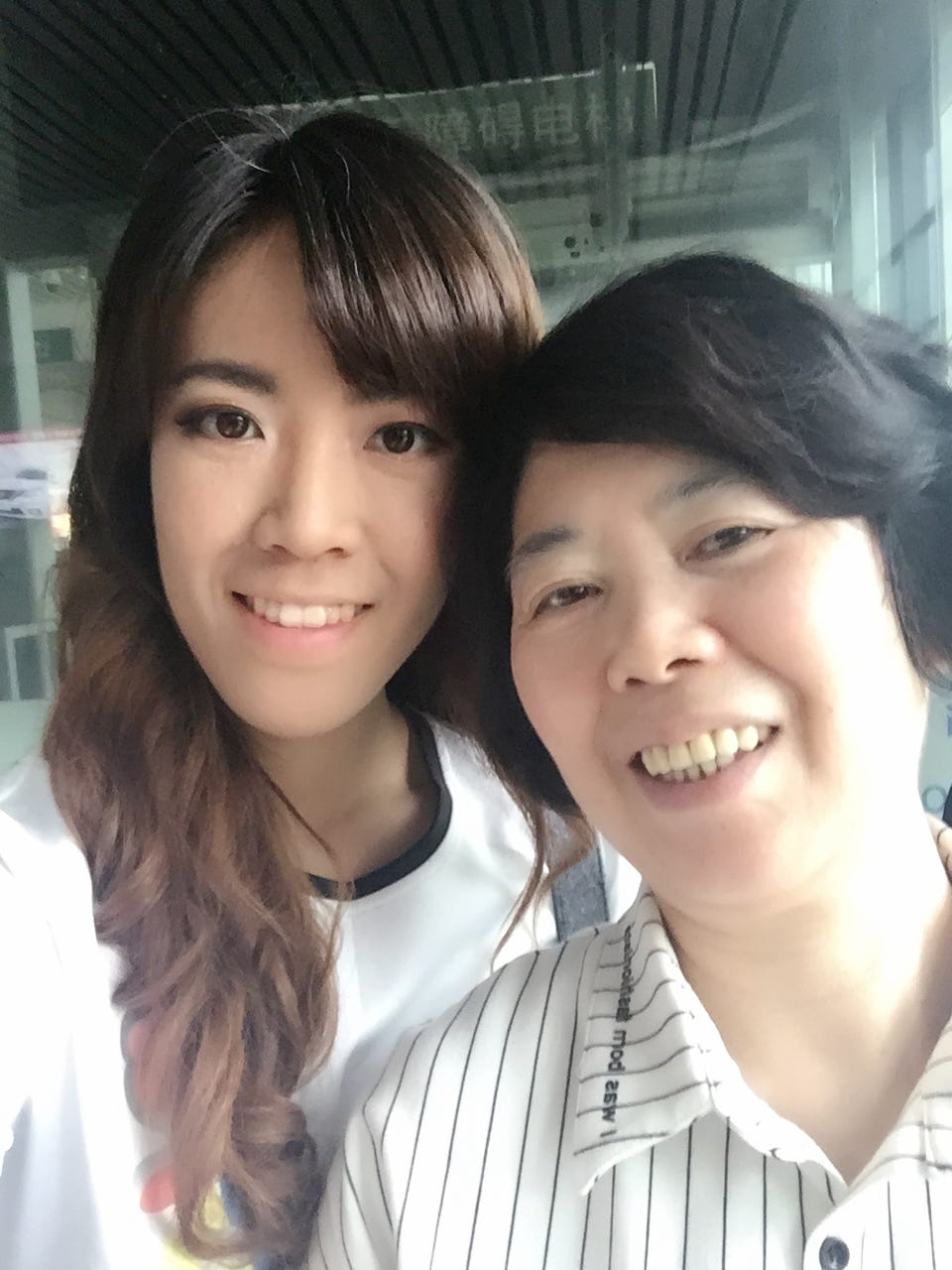
There wasn’t really a word in Chinese for girls like me. If there was, it would probably be the dreadful “Buguai”, a word used to describe children who dare to defy their parents. I wasn’t exactly disruptive — after all, I had never climbed a tree, destroyed my parent’s priced possessions, or punched another kid, but I did once talk back at my first-grade teacher, for which I earned a “well-deserved” beating from my mother; when I was 15, I ran away from home to my maternal grandmother’s house for a week after an intense argument with my parents, which was probably the highlight of my “rebellious past”.
I remember I often watched my mother with a slight contempt because she, in my eyes, was everything I didn’t want to be.
She is the epitome of a traditional Chinese woman — an “arranged” marriage introduced by a family acquaintance; lacks a college degree; doesn’t believe in sex before marriage; cooks and cleans diligently at home every day.
The fact that my Laolao, my maternal grandmother, had a love marriage and her daughter, my mother, didn’t, was enough to convince me, a self-proclaimed hopeless romantic and feminist, that my mother had led the most boring life that I did not wish to emulate.
What kind of woman from the 20th century doesn’t have the independent will to meet and marry the man of her dream instead of settling for a “good enough” man from a lame family introduction?
I shuddered at the thought of leading a life even remotely resembling my mother’s.
Two
My mother had a very close relationship with her mother-in-law, my paternal grandmother — my Nainai. In fact, my mother saw my Nainai as more of a mother than her own mother, who she did not see eye to eye with.
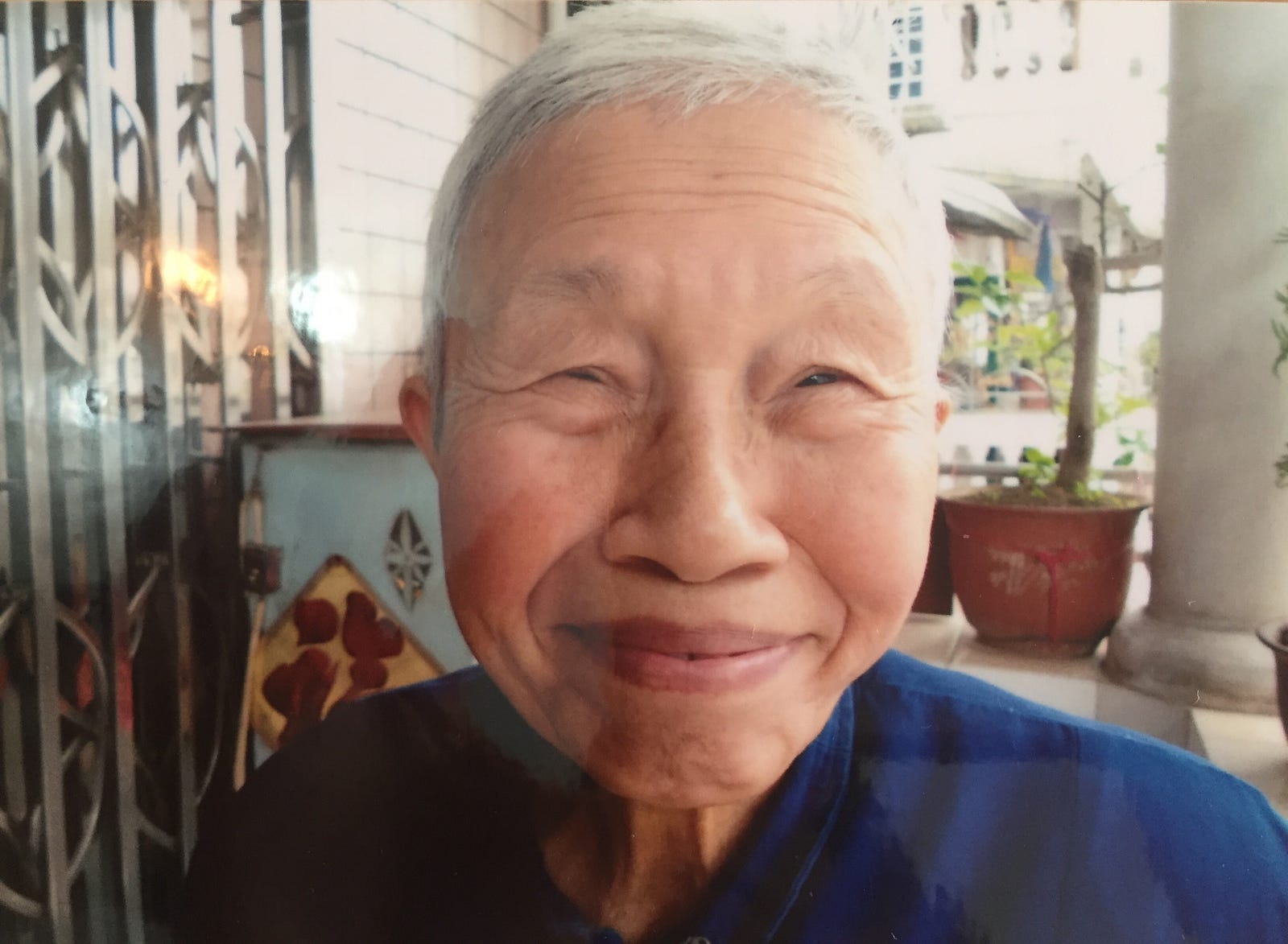
My Nainai grew up during World War II when Japan invaded China. She also met my grandfather through an arranged marriage. She and Grandpa helped my parents raise me until I was five when my parents moved our family to neighboring Guangdong Province.
The strongest impression I had of Nainai was her constant nagging.
She would repeat the same advice over and over again, disregarding my audible annoyance. She simply ignored all forms of “I got it” or “You just said that”.
She was obsessed with reading and clipping articles from newspapers in the health and wellness section. As a kid, I had never bothered to read the thick stacks of paper clippings she sent me in the mail every week like clockwork.
In my young mind, Nainai was quite annoying. Much like every other child, I thought I already knew everything. “Drink water.” — Duh, who doesn’t know that? “Eat at a regular time every day.” — Hello? I already do that.
Nainai’s advice was thought of as useless, repetitive, and a nuisance that took time out of my week, with no value or pleasure in return. I often complained to my parents about Nainai — I told them I wished she would speak less and send me fewer articles — or even better, perhaps not at all.
Born into a poor farming family in Guangxi Province during World War II, Nainai barely received any form of education. She may have done some rudimentary elementary schoolwork before it got disrupted by the war. To support her siblings, she started working at factories as a young girl, like so many other kids at the time.
Like my mother, Nainai also had an arranged marriage. She told me: “I was a very ugly girl. Nobody would have pursued me. I don’t know why your Grandpa agreed to marry me.” My younger self thought Grandma had incredibly low self-esteem, given how she spoke so lowly of herself.
Other than that, all I knew about Nainai was that she worked in a factory and rose through the ranks until she retired. And that she was a big nag — uninspiring to say the least.
Three
A month after I was born, my mother lost her father, my maternal grandfather — my Laoye.
For as long as I remember, my mother refused to talk about Laoye. She would burst into tears if I mentioned him. I understood how it must be painful to talk about loved ones who have passed away, but I’ve always thought my mother’s reaction was a little extreme. I’ve never been told how Laoye died. I assumed he got sick and succumbed to his illness, like so many other kids’ grandfathers.
But there were always a few questions lingering in the back of my head. What illness did he die from? How long was he sick? How come he was well enough to visit Mom after I was born and died shortly after?
When I was in high school, I decided to ask my father about it. I figured he should know something at the very least and asking him would be the least risky way to get the information I need without upsetting my mother.
What I found out shocked me to the core.
My father said that sometime after I was born, Laoye received a phone call and left home, presumably to run some errands. It was just like any other day, except that he never returned home that night nor the next morning.
“The next thing we knew was that he had been murdered,” said my father.
I gasped. I could only imagine losing a parent suddenly right after giving birth. The pain must have been unbearable. It all made sense why my mother refused to talk about him. It made sense why Laolao said she lost her mind after losing Laoye.
The case remained unresolved to this day. I have never met Laoye, but he had met me and held me in joy in the hospital where I was born, as I was told, shortly before he was killed.
The revelation of my grandfather’s death made me see another side of my mother — a side of her that is tender, loving, and incredibly strong.
The few times my mother discussed Laoye, she exhausted every word to express her love for her father. According to her, Laoye was captain of his factory’s basketball team. He was tall, handsome, charismatic, full of joy, well-respected by everyone in the community, had a big heart, and always lent a helping hand to people in need.
I don’t know exactly how my mother was able to find the strength to adjust to motherhood with a demanding newborn while dealing with the immense grief of losing her beloved father suddenly.
I began to realize how shallow my view of my mother had been.
Four
Nainai lost her parents even earlier than my mother did. I don’t know exactly when and how my great grandparents died, but I know Nainai was on her own raising her siblings while working at factories when she should have been in middle school.
During the war, it wasn’t that unusual. Children of war become adults overnight. That was probably the case for Nainai.
When she married my paternal grandfather, my Yeye, things didn’t get easier. Yeye was heading up a large chemical plant in the area. The demand of running a high-risk factory kept him away from home most of the year. At one point, he was living in the factory full-time while Nainai was at home taking care of my father and my aunt, who were young kids at the time, while still maintaining a job of her own in a separate factory.
When my father married my mother, Nainai became the matriarch of our family. She had much advice for my mother, who respected her even though she may not agree with everything Nainai said.
When my mother gave birth to me, Nainai was overjoyed. As a matter of fact, she gave me my Chinese name — Chen Jie 晨杰. “Chen 晨” means the morning, which alluded to me being born in the early morning, and “Jie 杰” means outstanding, but with a masculine undertone.
I hated my name as a child. It was unusual and masculine when all I wanted was a pretty feminine name like all the other girls have. I even went as far as trying to submit a name change application when I was 17 years old but was denied by a disgruntled civil servant who probably wanted to go home early, as I came in shortly before they were about to close.
I had always suspected that Nainai wanted a grandson instead of a granddaughter and that’s why she gave me a masculine name. I lost count of how many times people were surprised by my name. They would look me up and down while trying to verify my name was correct.
When incidents like this happen time and time again, I started to resent Nainai for it. It was all her fault, I thought to myself. If she had just stopped trying to be clever and given me a nice, regular feminine name, none of these would have happened. I even blamed my mother because I couldn’t fathom why she would give up the right to name her own child and outsource the work to my Nainai, who clearly had poor naming tastes.
Much like how she named me, Nainai gave her two children, my father and my aunt, very unusual names, which is another reason why I thought Nainai was an odd woman who perhaps lived in an entirely different universe than us, in addition to her being an annoying nag.
Five
In the summer of 2021, Nainai passed away after a brief battle with cancer. She was 87.
Up until I was told that Nainai was gravely ill, I have never really thought much about her. Since moving away from China to America to attend college at age 18, I had probably only spoken to her on the phone a few times, mostly around Chinese New Year.
Of those few phone calls in the span of a decade, all of them were made due to obligations, because my parents had reminded me to call Grandma and Grandpa. It was never because I really wanted to speak to them. All I could think of was — great, I had to make an expensive international long-distance call to hear Nainai repeat the same old things she had said to me for years again, for 2 hours. That’s 2 hours I’ll never get back.
All these years, I have taken the existence of Nainai for granted. Somehow I thought she would always be there to annoy me, once a year.
At age 31, I lost Nainai. Due to the stringent COVID restrictions imposed by the Chinese government, I couldn’t make it back home. The last time I saw her in person was 5 years ago.
I vividly remember the moment I received the news. I was out shopping at the Original Farmer’s Market in Los Angeles. The sky was crystal clear without a trace of a cloud. The late summer air was crisp. It was a typical beautiful Southern California day and I broke down in the middle of a crowded street.
I surprised myself by how heartbroken I was. I thought my generation gap with Nainai would mean I wouldn’t be as sad. I knew she didn’t have much time. The whole family was forewarned.
After Nainai was put to rest, my parents discovered a 14-page unfinished letter Nainai had written to me before I left for America, almost 13 years ago.

It was one of those gut-wrenching moments that I could not put words to. I felt a chill down my spine, as a cinematic moment of a protagonist collapsing down to the floor in utter devastation flashed before my eyes. In reality, I was sitting perfectly still in a chair on the beautiful rooftop of my apartment building, on another sunny California day. But my heart, my heart…
I wish she had finished and sent it to me. But then I knew there was no way I could have appreciated the letter 13 years ago. I would have probably tossed it in the trash without even finishing it. In a way, it came to me at the right time when I finally realized how much of Nainai and Mom’s characters I have inherited.
As I searched through my hard drives and physical photo albums hoping to find a photo of Nainai and myself together to announce her passing on social media, I couldn’t find one. The only one I had was a group photo of me, my mom, my maternal grandmother, and Nainai. I was standing nowhere near Nainai. It didn’t show any bond between us and I live to regret this every single day.
I was the textbook definition of “Buxiao不孝 ” — a quintessential, nuanced Chinese sentiment that condemns children who didn’t take care of their elderly family members.
Six
From the outside looking in, the women in my family are nothing more than traditional and ordinary. It wasn’t until after Nainai’s passing that I started to look inward, perhaps in memory of her.
My mother is a “traditional woman” who started two businesses (although failed) and always encouraged me to pursue my dreams. She has never expected me to be a doctor, engineer, or lawyer.
She is a “traditional woman” who is fearlessly efficient at her job while taking care of her family almost entirely by herself. As great as my father is, he did not share nearly the appropriate amount of house chores, similar to many husbands around the world.
My mother is a “traditional woman” who espouses old-fashion values in marriage and family, but she has always encouraged me to find love in my own ways. She has never pressured me to marry, although she very much wants me to have a great family just like she did.
In fact, she very much shared the same spirit as Cher. “Be your own independent woman and never rely on a man financially,” said my mother. “Mom, I’m a rich man,” I said, half-jokingly as I quoted Cher’s words to her mother.
“You’d better be!” said my mother.
When I was 17 and frustrated by my family’s inability to financially support my aspiration to study abroad, my mother was the one who challenged me to apply for a scholarship. Applied I did.
That summer, I was accepted to several universities in America and received a full scholarship from one of them. My life forever changed and I have no one but my mother to thank for.
My mother was born in the Year of the Tiger, and ironically she may be as far away from the stereotypical “tiger mom” as one could possibly be. She had never pushed any lessons or career goals on me — she always encouraged me to do what I love while gently reminding me to assess the financial aspects of my career choice.
When I was younger, I never understood why my mother connected with Nainai so much more than her own mother. After all, the mother-in-law and daughter-in-law relationship has been notoriously difficult in many cultures.
Nainai was a “traditional woman” who held together a job all her life while fully assuming family duties herself when Grandpa was away at his factory. While not exactly under the same circumstances, I see a lot of parallels between Nainai and Mom’s lives. They both worked and took care of their families almost entirely by themselves. Nainai even went a step above my mother — she was promoted to senior leadership at her factory during a time when there were hardly any women in leadership positions.
Nainai was a “traditional woman” who always praised my dedication to pursuing my dreams while gently reminding me to take care of my health, often in long prose that I wish I could hear more of now that she’s gone.
Nainai was a “traditional woman” who didn’t try to be like everybody else. She chose to have 2 children when the norm was 5 to 6 in the 60s. She chose to name both of her children with unique names instead of the nice, common ones, perhaps with hopes that we will all become extraordinary one day.
I’ve always wondered where I got my free-thinking, independent spirits from. Now I have the answer.
I am hardly one-of-a-kind, but I’m a part of a legacy, one that was passed down from Nainai, my mother, and now, me.

